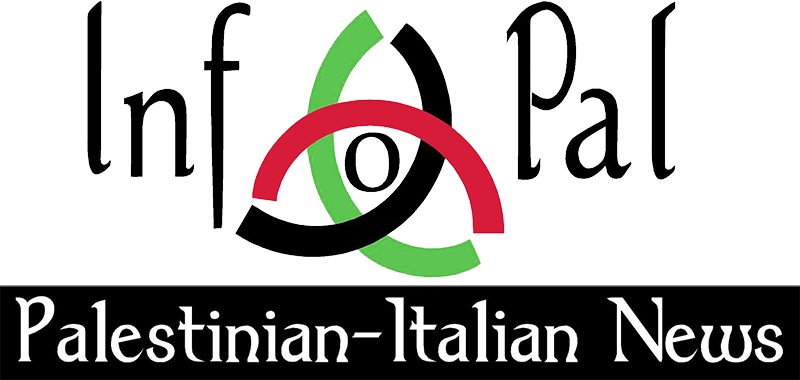Saudis frustrated at military downturn, Bahrainis reject F1 “blood race”
The Saudi aggression on Yemen has come to a virtual standstill, with international indignation mounting and calls for an immediate and unconditional ceasefire persisting. The Pakistani refusal to send troops to defend Al Saud has frustrated Riyadh and pushed it into a corner. Military defeat is looming. Bahrainis have continued their protests against the Saudi-Alkhalifa aggression with daily demonstrations, statements and prayers for the Yemeni victims. The regime’s reaction has been to adopt sheer criminality, arresting and abusing anyone declaring a stand against this aggression. The extent of torture of Bahraini natives in the past month has reached unprecedented levels. The Alkhalifa are implementing a policy of “torture to the brink of death, but avoid death”. Stories of horror especially in the dungeons and corridors of Jaw Prison have left many families heart-broken. Young people like Abbas Al Sami’ had their teeth broken, while others had water hoses forced into their thighs. For the Alkhalifa, it is time for revenge that justifies any cruel treatment.
As the Formula 1 car race gets underway, native Bahrainis have rejected it calling it “Blood race”, as it has become one of the propaganda tools of a torturous regime. Protests marched in tens of towns and villages for several days; braving the chemical and tear gases used by regime’s mercenary forces. Many people were injured or arrested as a result. Meanwhile questions are being asked about the deal reached between ADHRB (American for Democracy and Human Rights in Bahrain) and Formula 1 management with regards to human rights in the countries where the races are held. ADHRB’s successful mediation of a complaint to the UK’s National Contact Point for the OECD Guidelines for Multinational Enterprises—concerning Formula One Management’s lack of due diligence considerations regarding possible human rights impact in Bahrain—Formula One has committed itself to respecting human rights in Bahrain and other countries in which it conducts business. This week’s race must be cancelled unless those who had been jailed in relation to their protest against holding the race in Bahrain are released. Among them is the two women: Nafisa Al Asfoor and Rayhana Al Mousawi.
In a ground-breaking move the internationally renowned human rights activist, Nabeel Rajab sent a letter from his prison cell to President Obama urging him to take the issue of human rights and democracy seriously when he meets GCC leaders this week. After describing how he had spent 28 of the past 36 months in regime’s torture cells he urged Mr Obama to present the following to the GCC leaders: The immediate and unconditional release of all political prisoners; An end to the criminalization of free speech and expression, including any laws against criticism of government institutions or defamation of a king; The cessation of all acts of torture and reprisal in GCC detention centers; and The protection of free and open civil society space capable of fostering long-term stability and growth in the region. Mr Rajab ended his letter saying: The citizens of Bahrain and her neighbors have extraordinary potential. With unshackled voices, we can build stability and challenge extremism. What we need today is space for tolerance, plurality, and honest dialogue, the foundations of a democratic process that the reprisals against me and my colleagues seek to undermine.
In the week from 6- 12th April at least 20 native Bahrainis were arrested including three children and a woman. Yesterday Mohammad Abdul Hussain from Bilad Al Qadeem was snatched by masked members of Death Squads. From Demstan town, Isa Kamel Mansoor was detained in a dawn raid on his home. From Karzakkan two young native Bahrainis were detained at a checkpoint; Fadhel Hassan Al Madhoon and Ali Ibrahim Ashoor. From Duraz, Hassan Abdul EthnaAshar was arrested in a house raid.
Brian Dooley, Director, Human Rights First’s Human Rights Defenders Program, wrote an article titled: “Bahrain’s Prison Crisis Deepens”. After describing the current prison crisis he said: “Many of the problems in Jaw stem from the growing population of prisoners who shouldn’t be there — political prisoners jailed for expressing their views peacefully.” That’s still the case. Added to that powerful sense of injustice are several other ingredients guaranteed to provoke unrest in jails: hundreds of young men serving very long sentences, a lack of adequate medical care, poor food, and chronic overcrowding (that last point conceded by the government in a September 2013 report that noted that, at that time, Jaw Prison held 1,608 prisoners, well beyond its capacity of 1,201). Many younger prisoners may feel they have nothing to lose by refusing to cooperate with the prison authorities and are likely to riot again and again. If Bahrain wants to fix its prison problem properly, it will stop trying to hide the truth about what’s happened, improve conditions, and release all those prisoners who shouldn’t be in jail in the first place.
Bahrain Freedom Movement
14 April 2015
(www.vob.org, email: info@vob.org)
